| | | | | | | Presented By OurCrowd | | | | Axios What's Next | | By Bryan Walsh, Jennifer A. Kingson, Erica Pandey and Joann Muller ·Aug 09, 2021 | | Hi, this is Bryan, with a quick note to let you know I'll be handing over editing duties for What's Next to the great Jennifer A. Kingson, formerly of the Axios Cities newsletter. With that out of the way, this Monday we have the mapping side of self-driving cars, high-tech parking garages and the best places to be a cat for any felines looking to move. "What was next" trivia: On this day in 1988, the first night game was finally played at what baseball stadium? 🧢 - Credit to reader Stefani Korey for being the first to note that "Little Boy" was the code name for the type of atomic bomb dropped on Hiroshima on Aug. 6, 1945.
- Send your answer, along with tips and feedback, to whatsnext@axios.com.
Today's Smart Brevity™ count: 1,197 words ... 4.5 minutes. | | | | | | 1 big thing: Self-driving cars would be nowhere without HD maps | 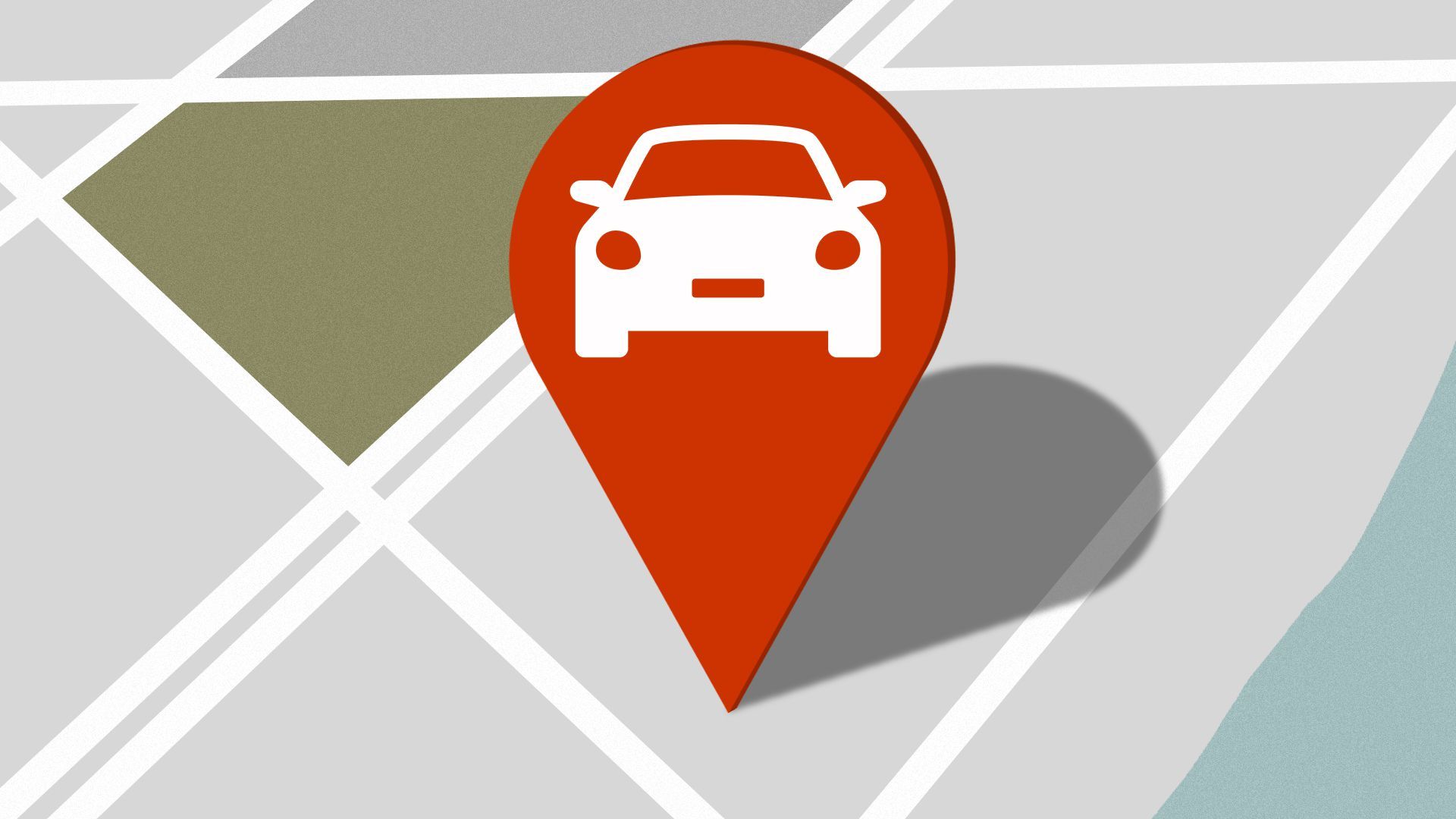 | | | Illustration: Annelise Capossela/Axios | | | | Self-driving vehicles may be loaded with sensors and artificial intelligence, but they're limited without a really good map, Joann Muller writes. Why it matters: High-definition maps are critical to the safe, wide-scale deployment of autonomous vehicles. More accurate than satellite-based GPS, they provide richly detailed models of the operating environment and important context to help AVs avoid mistakes. Driving the news: A Tesla owner tweeted a video clip recently showing how his car's Autopilot system mistook a low-hanging moon for a yellow traffic light and kept telling the car to slow down. - While Tesla did not publicly address the reasons for the error, industry experts suggest Tesla's camera-based system was lacking important context.
- "Even though a traffic light and the moon may resemble each other, a self-driving system should use a combination of contextual cues — including spatial, temporal and prior knowledge — to tell them apart," Deva Ramanan, principal scientist at self-driving tech competitor Argo AI explains in a blog post.
- An HD map — along with redundant sensors like radar and lidar — can provide that missing context, Gartner Group mobility analyst Michael Ramsey tells Axios.
The big picture: Mapping is having a moment. Digital maps are getting more sophisticated, with breakthroughs enabling real-time navigation details for pedestrians, 3D geolocation for drones, and augmented reality for gaming. - For autonomous vehicles, HD maps do more than just provide a high-def view of the world — they also enable a self-driving car to know precisely where it is, down to a few centimeters.
Between the lines: Most AV developers get to know a test city the same way any new resident does: by driving around. - They spend a few weeks manually driving their test cars in complex urban environments, collecting sensor data and annotating everything about the streetscape, from signs and lane markings to crosswalks and speed limits.
- This allows a test vehicle to later compare what it observes in real-time with the detailed 3D map, and decide how to react.
The intrigue: Intel-owned Mobileye, which makes technology for assisted-driving systems, has a unique, crowd-sourced approach to mapping that experts say could one day provide an advantage. - Its camera-based software chips are already installed on 88 million cars worldwide, and through agreements with six global automakers — including Nissan, Volkswagen and BMW — many of those cars collect and share data about their environment as they are being driven, allowing Mobileye to continually update its maps.
- With better mapping, Mobileye will be able to more rapidly scale AVs across multiple cities, CEO Amnon Shashua tells Axios.
Read the rest. |     | | | | | | 2. Exclusive: Businesses lagging on AI risk falling behind for good | 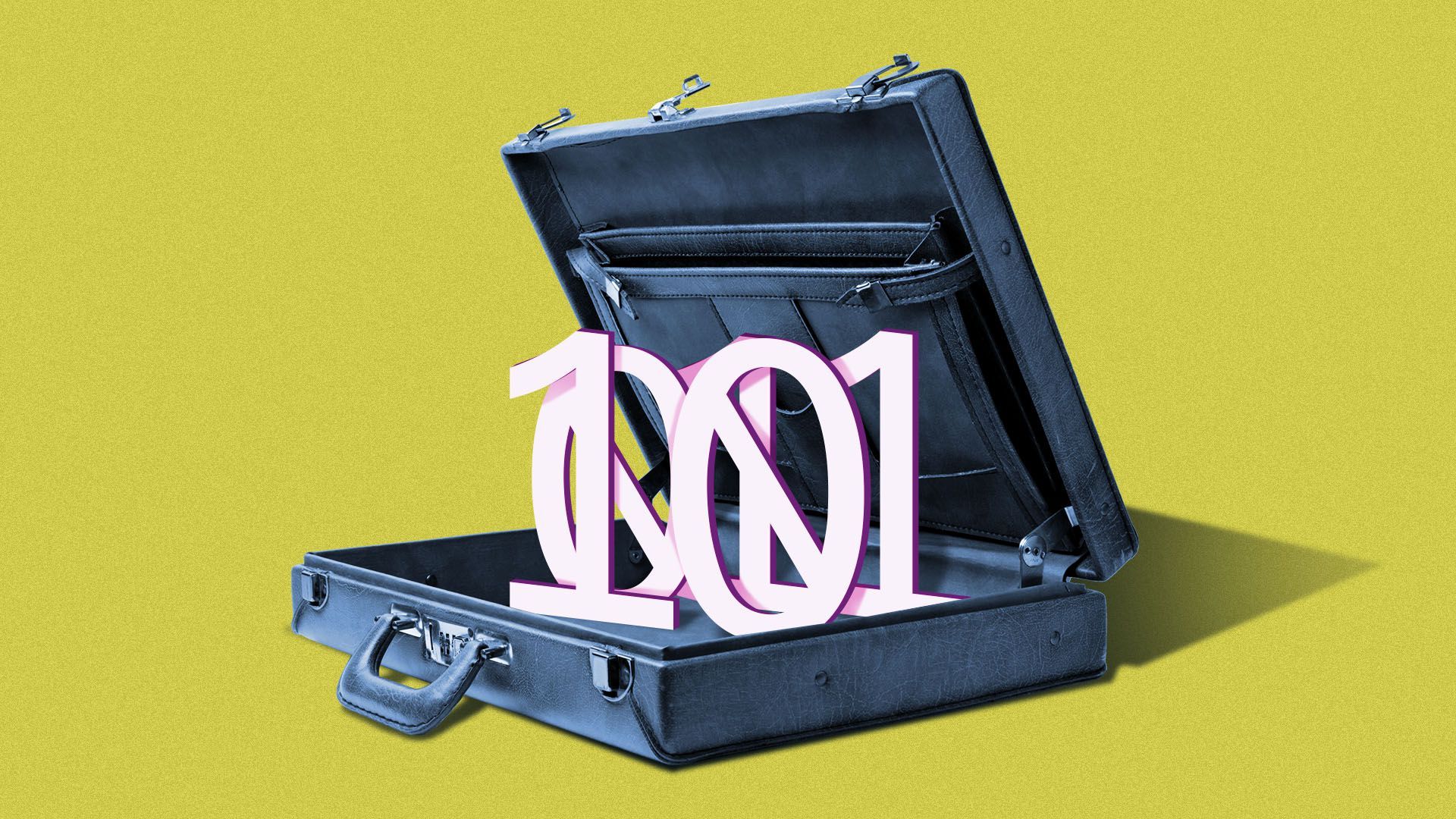 | | | Illustration: Sarah Grillo/Axios | | | | A new survey of 1,000 senior executives finds that only 20% of U.S. companies are fully employing AI for decision-making in business, Bryan Walsh writes. Why it matters: Many businesses, especially outside tech, remain reluctant to fully employ AI because they don't completely trust it and can't tap the talent they need. - But companies that lag on implementing AI risk being left behind the minority of firms that are pushing ahead.
What's happening: Axios was given an early look at a report out later this morning from the consulting firm Cognizant's Center for the Future of Work on which companies are actually using AI for help in decision-making. - Fewer than you might think: Beyond the 20% of firms that Cognizant recognized as AI leaders, 61% of companies are only beginning to implement AI for decision-making, and 19% have barely begun.
- "The majority of executives get stuck in a vicious circle where when they first try AI, the first wave of results tend to be underwhelming," says Ben Pring, managing director at the Center for the Future of Work. "You have to work at it and you have to learn how to optimize it."
The catch: Optimizing AI requires employees who know how to use it, but the brutal competition for AI talent makes it hard for lagging companies to break out of that vicious circle. Read the rest. |     | | | | | | 3. This parking garage is a high-tech research lab | 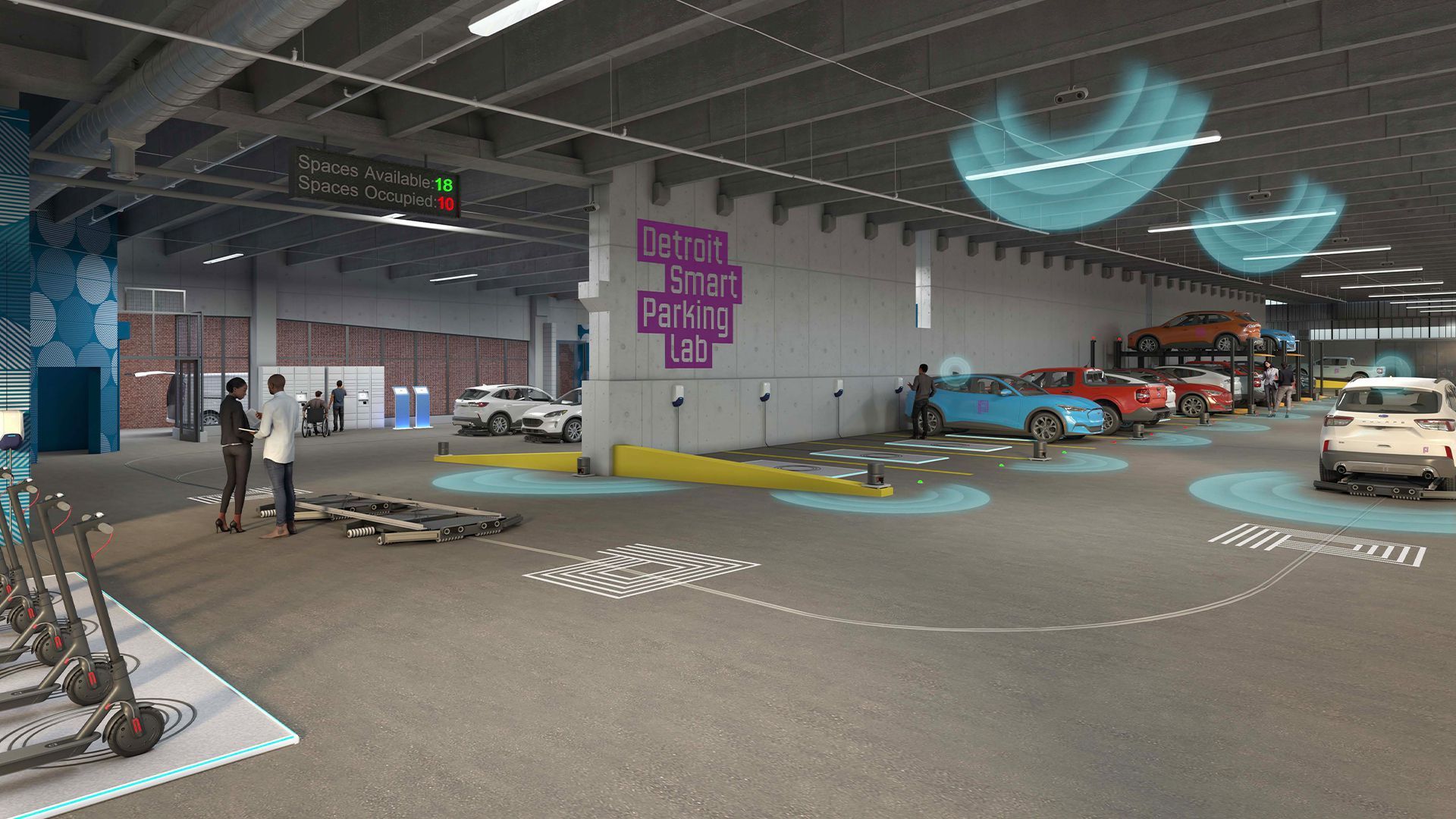 | | | Rendering of the Detroit Smart Parking Lab. Photo: Bedrock | | | | A new urban laboratory is opening inside a Detroit garage to let researchers test new parking technologies for cities coping with shifting priorities, Joann writes. Why it matters: Parking is a hassle for drivers in most cities, with experts attributing as much as 30% of traffic and emissions to cars searching for a parking spot. If cars could park themselves efficiently, it would ease some of those problems. Driving the news: The Detroit Smart Parking Lab, opening in September, will allow mobility and smart infrastructure companies to test parking-related mobility, logistics and electric vehicle charging technologies in a real-world setting. - The lab is a joint project by Ford, Bosch and Bedrock, a large Detroit real estate company, and the state of Michigan is making grants available to companies to test their innovations on site.
Rental car giant Enterprise is the first to sign up. It will test how automated valet parking technology can make the rental car return process more efficient. - Instead of an employee driving returned cars to the service area for cleaning and refueling, vehicles could potentially drive themselves and then automatically be staged for future rentals.
What to watch: Cars that can park themselves could also be shuffled during the day for electric charging or washing, and parking garages can be repurposed as vehicle staging areas for robotaxis and automated delivery fleets. Share this story. |     | | | | | | A message from OurCrowd | | Beyond Meat investor opens new food-tech investment opportunity | | | 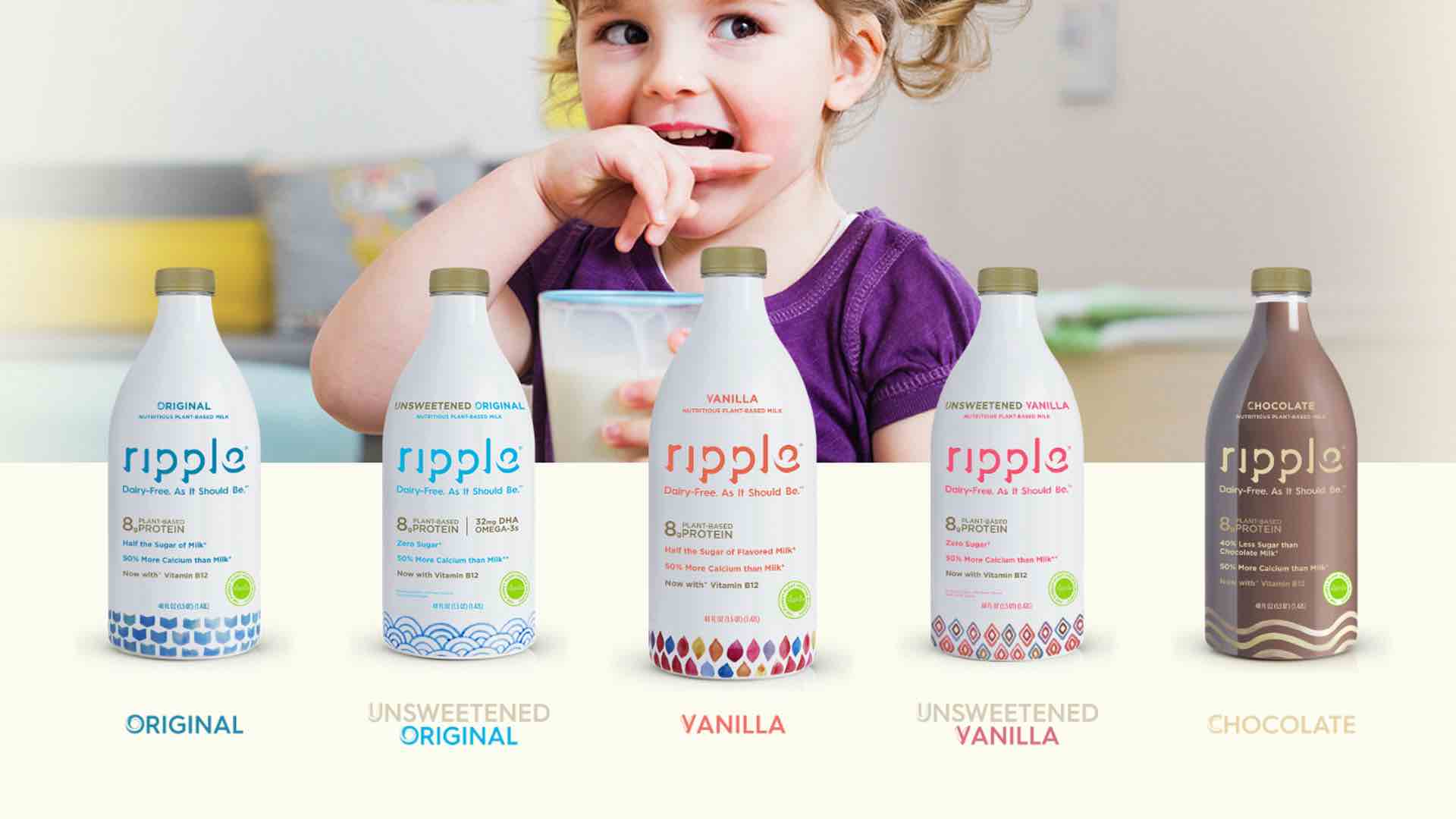 | | | | OurCrowd is creating access to pre-IPO opportunities like food-tech company Ripple Foods. The idea: Going beyond dairy, Ripple utilizes its groundbreaking technology to make plant-based milks that are great tasting, high in protein — as high as dairy milk — and much lower in sugar. Find out more. | | | | | | 4. Scaling the low-waste economy |  | | | Illustration: Sarah Grillo/Axios | | | | Startups aimed at reducing household waste have previously lacked the kind of mass consumer backing and potential for scale that investors like to see. But that's changing now, Hope King writes. Why it matters: Consumers produce waste — plastics, packaging and food — at nearly every moment of the day, from the bag that holds new bedsheets to the sugar packets with a dinner espresso. - Most plastics, produced from fossil fuels, aren't recycled and don't decompose. Organic waste in landfills releases methane, a potent greenhouse gas that warms the atmosphere more than 80 times as much as carbon dioxide.
The big picture: The pandemic has led to more household trash but also more consumer awareness of their contributions to the world's trash problem. - Startups like Zero grocery and Blueland, which provide food and home goods in returnable or reusable containers, have benefited.
- Zero grocery's 2020 revenue (from the start of February to the end of December) grew 3,400%, according to founder and CEO Zuleyka Strasner.
- Blueland sales increased 800% last year, Business Insider reported.
Read the rest. |     | | | | | | 5. 1 feline thing: The best places to be a cat | 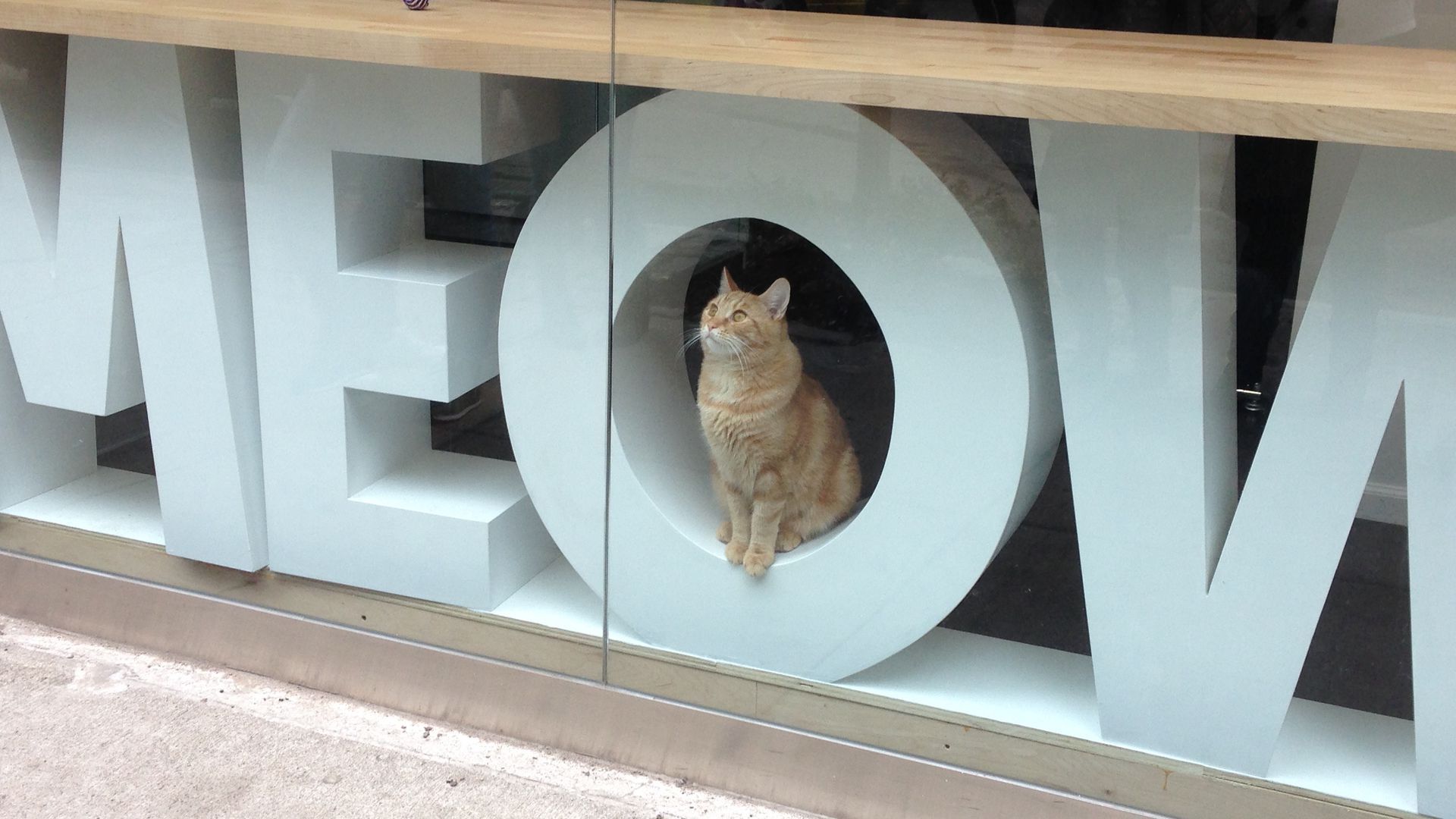 | | | A resident of Meow Parlour in New York City, where people can pay to pet the cats and decide if they want to adopt them. Photo: Jennifer A. Kingson/Axios | | | | In honor of International Cat Day, which was yesterday, here's a list of the best U.S. cities for cats, Jennifer A. Kingson writes. - The list is "based on 11 factors, such as access to vet offices, the cost of cat sitting and feline-friendliness of local rental properties," according to LawnStarter, a company that will help you find lawn care services (yet, incongruously, also seems to do research on cats.)
Details: Curiously, Orlando, Fla., came out on top, followed by Lakewood, Colo.; Cary, N.C.; Tempe, Ariz.; and Fort Collins, Colo. - Orlando was the city with the most cat cafés per 100,000 residents, followed by Oakland, Pittsburgh, Seattle and Miami.
Fun fact: According to International Cat Care, the custodians of International Cat Day, at least half of cat owners have trouble getting their cats into the carrier. |     | | | | | | A message from OurCrowd | | OurCrowd creates pre-IPO investment opportunities for individuals | | | 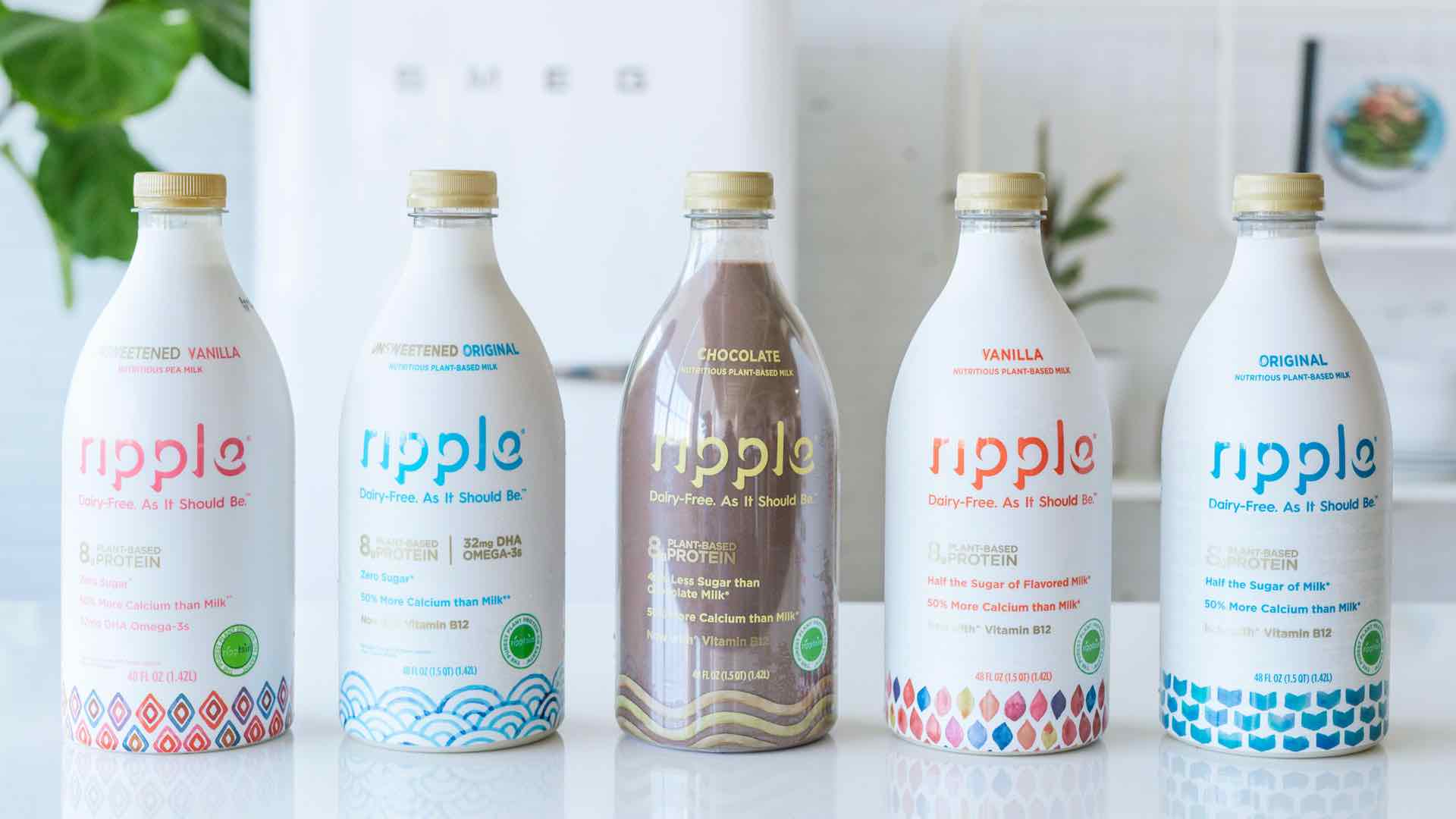 | | | | OurCrowd brings accredited investors world-changing pre-IPO opportunities – like Silicon Valley food-tech startup, Ripple Foods. The product: Ripple's great tasting, high protein, low sugar, plant-based milk products are currently being bought by customers in over 15,000 stores. Find out more. | | | | Thanks for reading! If this email was forwarded to you, subscribe here! |  | | It'll help you deliver employee communications more effectively. | | | | | | Axios thanks our partners for supporting our newsletters. If you're interested in advertising, learn more here.
Sponsorship has no influence on editorial content. Axios, 3100 Clarendon Blvd, Suite 1300, Arlington VA 22201 | | | You received this email because you signed up for newsletters from Axios.
Change your preferences or unsubscribe here. | | | Was this email forwarded to you?
Sign up now to get Axios in your inbox. | | | | Follow Axios on social media:    | | | | | |









No comments:
Post a Comment